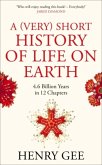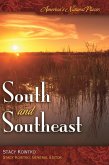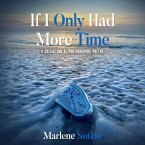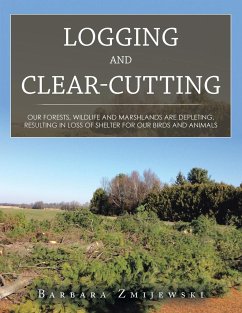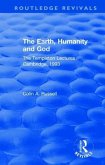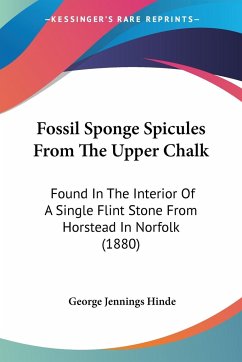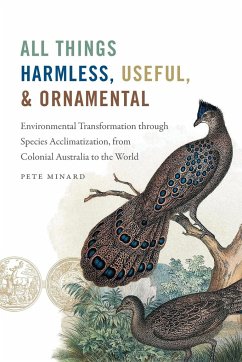Biogeotherapy - nature-based climate solutions, life as a geological healing force, presents a movement of farmers, scientists, politicians, and diplomatic actors. It is based on four natural restorative practices: holistic grazing management, no-till agriculture with cover crops, biochar, and massive reforestation. Agro-forestry, blue carbon, living machines, the restoration of peatlands, and other nature-based solutions (NbS) or negative emission technologies (NET) are also briefly described. The 4 per 1000-the diplomatic arm of this movement which is rising at the forefront of action for climate restoration-is described. 4 per 1000 are part of a movement for regenerative agriculture, regenerative ranching and for the negative emissions bio-sourced materials. Finance carbon levers, such as carbon dioxide removal certificates, are presented, with their controversies. Pharaonic, Babylonian, and vertiginous words to define the climate challenge often sound too weak for such a journey. Biogeotherapy leads to Civilization 280 and offers a long path forward to genuinely desirable sustainable economic development.
Hinweis: Dieser Artikel kann nur an eine deutsche Lieferadresse ausgeliefert werden.
Hinweis: Dieser Artikel kann nur an eine deutsche Lieferadresse ausgeliefert werden.


